Cell phone addiction among young adults unveiling the impact and seeking balance
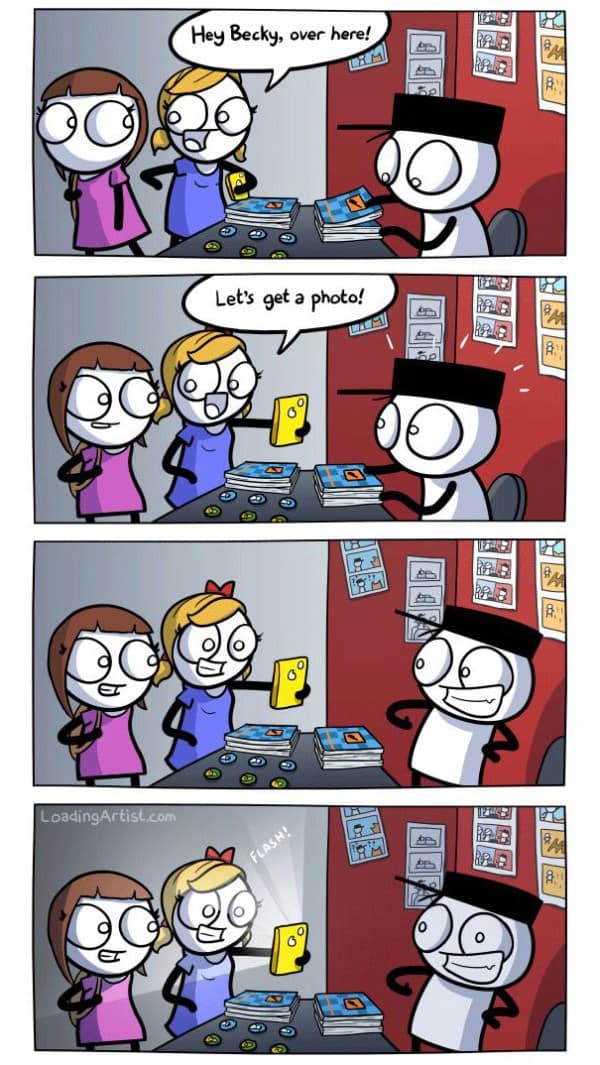
Cell Phones have become an integral part of our lives, connecting us to the world and enhancing our daily experiences.
However, the growing concern of cellphone addiction among young adults in the USA raises important questions about its impact on their well-being and overall quality of life.
In this blog post, we delve into the phenomenon of cellphone addiction, explore its consequences, and offer practical solutions for achieving a healthier balance in the digital age.
The digital epidemic: understanding cellphone addiction among young adults
In today’s interconnected world, cellphone addiction has become a pervasive issue among young adults.
This blog explores the underlying causes and consequences of this digital epidemic, delving into the psychological, social, and emotional impacts on this vulnerable population.
By gaining a deeper understanding of cellphone addiction, we can equip young adults with the necessary tools to manage their digital habits and maintain a healthy balance between the virtual and real world.
Join us as we uncover the challenges and potential solutions to address this pressing issue in the lives of young adults.
The allure of connectivity: How cellphones became an essential part of young adults lives
The ubiquity of cellphones in today’s society has made them an indispensable tool for young adults.
From instant communication to social media engagement and entertainment, cellphones offer an alluring package of connectivity and convenience.
However, this constant accessibility can also lead to excessive usage and a potential spiral into addiction.
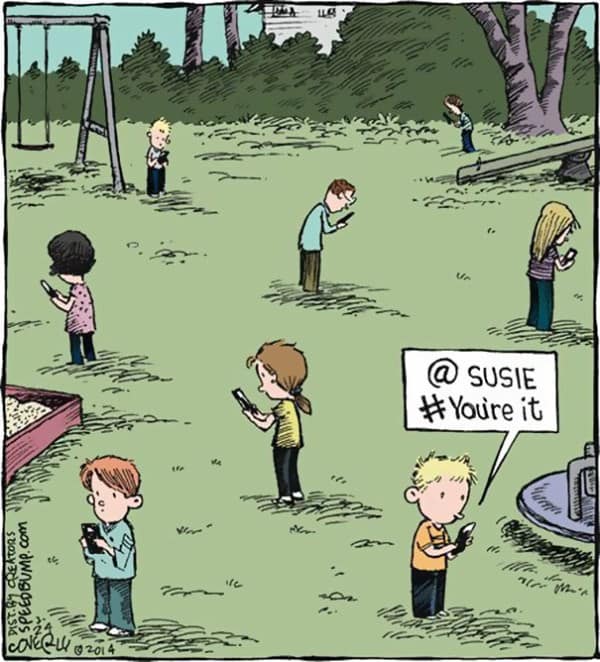
Unveiling the dark side: Recognizing the signs and consequences of cellphone addiction
Cell phone addiction among young adults in the USA is a growing concern, with detrimental effects on various aspects of their lives.
From decreased productivity and academic performance to strained relationships and compromised mental health, the consequences of excessive cellphone use are far-reaching.
Recognizing the signs of addiction is crucial for initiating change and seeking help.
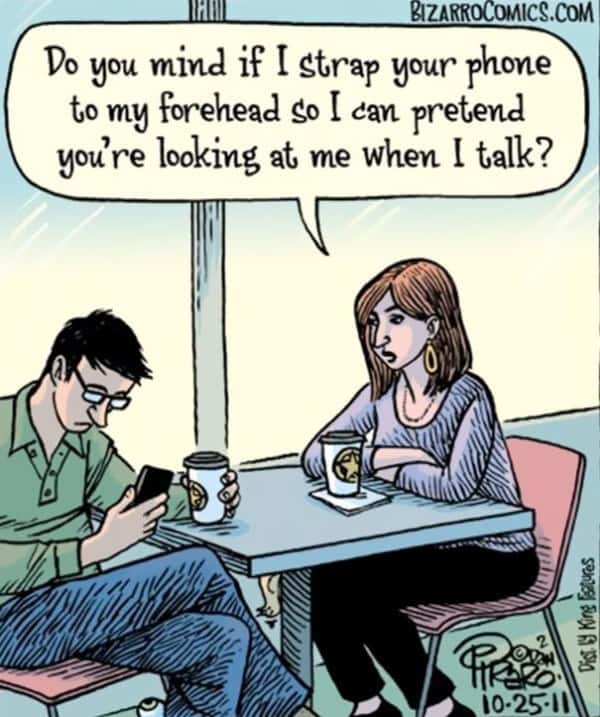
The mental and emotional toll: Exploring the impact of excessive cell phone use
Research suggests a correlation between excessive cellphone use and mental health issues among young adults.
Anxiety, depression, sleep disturbances, and a diminished sense of well-being are some of the negative outcomes associated with cellphone addiction.
Understanding the psychological toll of this addiction is vital in addressing the problem effectively.
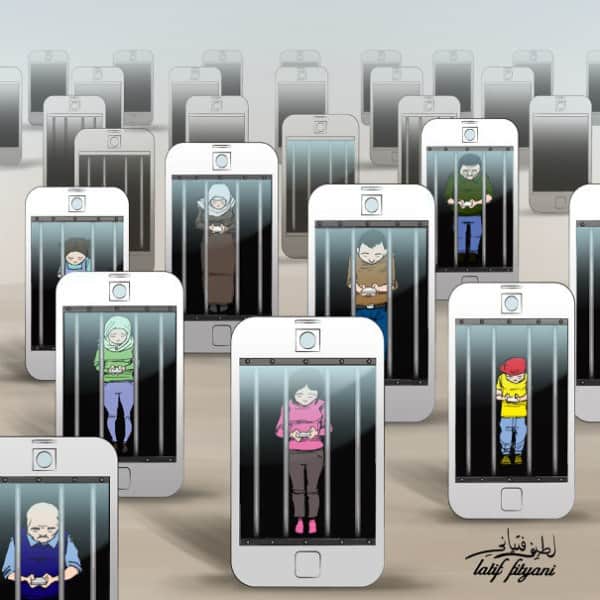
Navigating social relationships: Balancing virtual connections and real-life interactions
While cellphones enable us to stay connected with friends and loved ones, they can also hinder authentic social interactions.
Excessive reliance on digital communication may result in feelings of isolation and a lack of meaningful connections.
Striking a balance between virtual and real-life interactions is essential for nurturing healthy relationships and social well-being.
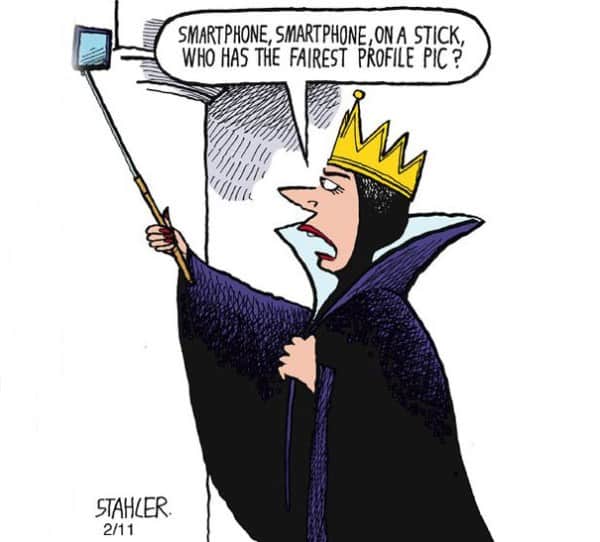
Striking a balance: Tips for healthy cell phone usage and breaking free from addiction
Achieving a healthy relationship with cellphones requires intentional effort and self-awareness.
Here are some practical tips for young adults to establish healthier habits and break free from cellphone addiction:

- Set boundaries: Define specific times and places for cellphone usage, such as device-free meals or designated tech-free hours before bedtime.
- Digital detox: Take regular breaks from cellphone use, engaging in activities that promote mindfulness, creativity, and physical well-being.
- Prioritize human connections: Allocate quality time for face-to-face interactions, fostering deeper connections and reducing dependency on virtual communication.
- Seek support: If cellphone addiction becomes overwhelming, don’t hesitate to seek professional help or join support groups focused on managing digital dependency.
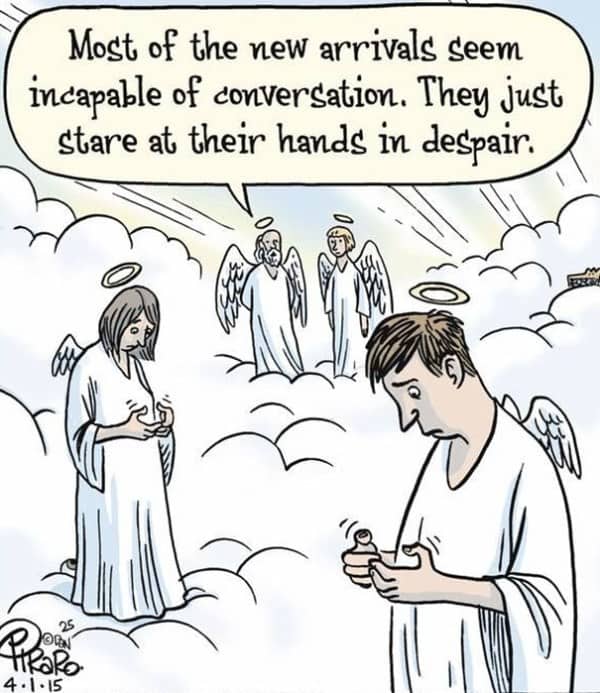
Check Out Related Products
-
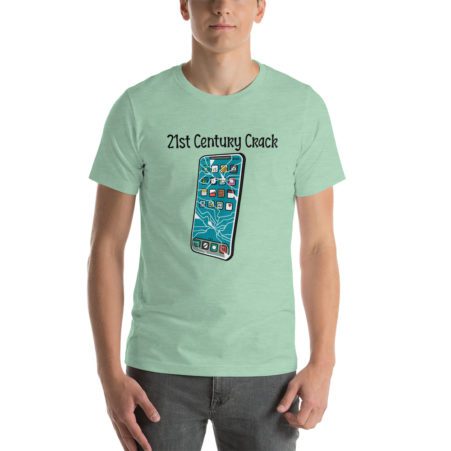
21st Century Crack T-shirt
$24.00 -

21st Century Crack women’s T-Shirt
$24.00 -

A Stress-Free Day T-shirt
$24.00 -

Answer Me Buy T Shirt Now 20% OFF
$24.00 -

Answer Me! Women’s T-Shirt
$24.00 -

Be Happy, Click Unsubscribe
$24.00 -

Boobs Up Here scoop-neck T-shirt
$24.00 -

Boobs Up Here T-shirt
$24.00 -

Boobs Up Here Women’s T-Shirt
$24.00 -

Click Unsubscribe
$24.00 -

Click Unsubscribe Racerback Tank
$24.00 -

Don’t Blink Navy, Black, Dark Grey
$24.00
